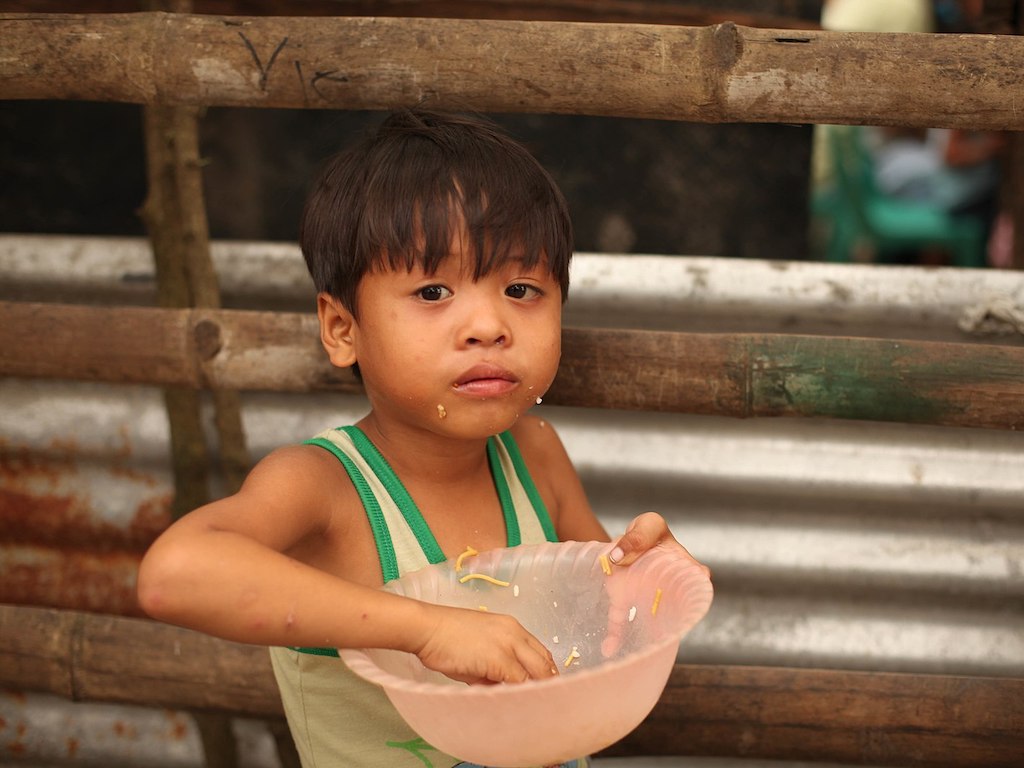3 Mins Read
The economic recession from the coronavirus pandemic will stop almost 24 million people from overcoming poverty in East Asia and the Pacific this year, warned the World Bank. In a new report, the World Bank also said that households dependent on industries especially vulnerable to Covid-19 will face “substantially higher” risks, such as tourism, manufacturing and the informal labour sector. The institution is calling for countries to take urgent measures to ensure the security of millions in the region.
On Monday (March 31), the World Bank released a report warning that nearly 24 million people will be kept in poverty due to the economic fallout from the coronavirus pandemic. It additionally said that many of those reliant on industries that are particularly affected by the virus, such as tourism in Thailand and the Pacific islands, the manufacturing sector in Vietnam and Cambodia, and the informal labour market across all countries, may face “substantially higher” risk of further deteriorating socioeconomic circumstances.
These predictions are based on a baseline growth scenario, but the lender said that an extended crisis would see even more negative economic impacts. According to the report, under a lower case situation, almost 35 million people can expect to live on US$5.50 per day, with 25 million in China alone.
Some of the recommendations made by the World Bank include investing in medical equipment factories, rapid healthcare personnel training, and converting ordinary beds for Intensive Care Unit (ICU) uses. Targeted fiscal measures should also be put in place to help subsidise sick pay, and easing credit to help households and firms survive the immediate economic shock from the pandemic.
“For poorer countries, debt relief will be essential, so that critical resources can be focused on managing the economic and health impacts of the pandemic,” it said.
The World Bank’s warnings come amid a wave of dire projections from multiple international institutions. The International Monetary Fund (IMF) recently announced that the world has already entered a recession that is either on par or worse than the 2007-2008 financial crisis, and said that a multilateral response amounting to at least 10% of global GDP needs to be rolled out as soon as possible.
As of March this year, the United Nations estimates that Covid-19 has already led to anywhere between 5 to 25 million jobs lost, amounting to US$860 billion to US$3.4 trillion of losses in labour income.
In response to these stark figures, the United Nations Secretary-General António Guterres has called on the world to act together to address the impact of the pandemic, particularly on poorer countries in Asia and Africa in a new report titled Shared responsibility, global solidarity.
“Covid-19 is the greatest test that we have faced together…This human crisis demands coordinated, decisive, inclusive and innovative policy action from the world’s leading economies – and maximum financial and technical support for the poorest and most vulnerable people and countries,” he said.
News about the intense socioeconomic consequences to follow the coronavirus pandemic has also shifted gears for investors. While environmental, social and governance (ESG) investing or impact investing had already been on the uptrend prior to the pandemic, investors are now more incentivised to consider non-financial risks such as disaster preparedness and employee treatment – particularly the rights of low-income workers – as relevant to long-term performance. Last Tuesday (March 24), British investment bank Barclays said it would begin implementing ESG assessments in its company portfolio.
Read our previous news coverage of Covid-19 here.
Lead image courtesy of FMSC Distribution Partner Philippines.




